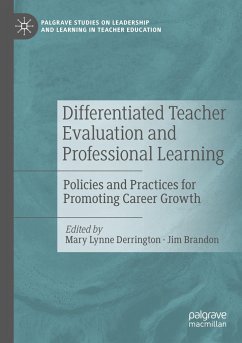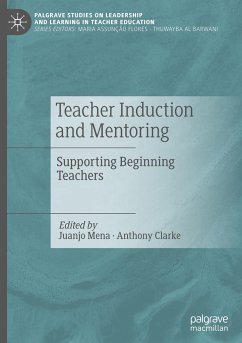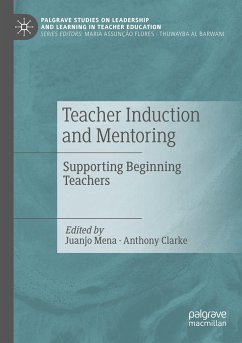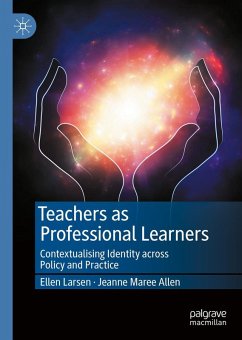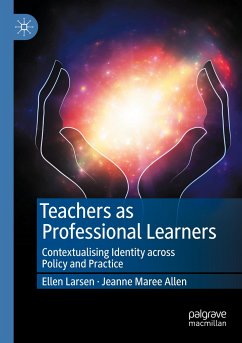
Differentiated Teacher Evaluation and Professional Learning
Policies and Practices for Promoting Career Growth
Herausgegeben: Derrington, Mary Lynne; Brandon, Jim

PAYBACK Punkte
42 °P sammeln!
This book discusses teacher evaluation and how it can provide the foundations for professional development. The editors and contributors illustrate how teachers with varying levels of expertise, experience and learning needs can benefit from differentiated evaluation and professional development designed to help them reach their full potential. The book examines various aspects of differentiation including levels of experience from pre-service to veteran, practices of school principals as they supervise and evaluate staff, and wider education policies that can support or hinder differentiation...
This book discusses teacher evaluation and how it can provide the foundations for professional development. The editors and contributors illustrate how teachers with varying levels of expertise, experience and learning needs can benefit from differentiated evaluation and professional development designed to help them reach their full potential. The book examines various aspects of differentiation including levels of experience from pre-service to veteran, practices of school principals as they supervise and evaluate staff, and wider education policies that can support or hinder differentiation. Providing fascinating insights into how teacher evaluation policies can support practice in a variety of contexts, this timely collection will be of interest and value to students and scholars of teacher evaluation and professional development.





